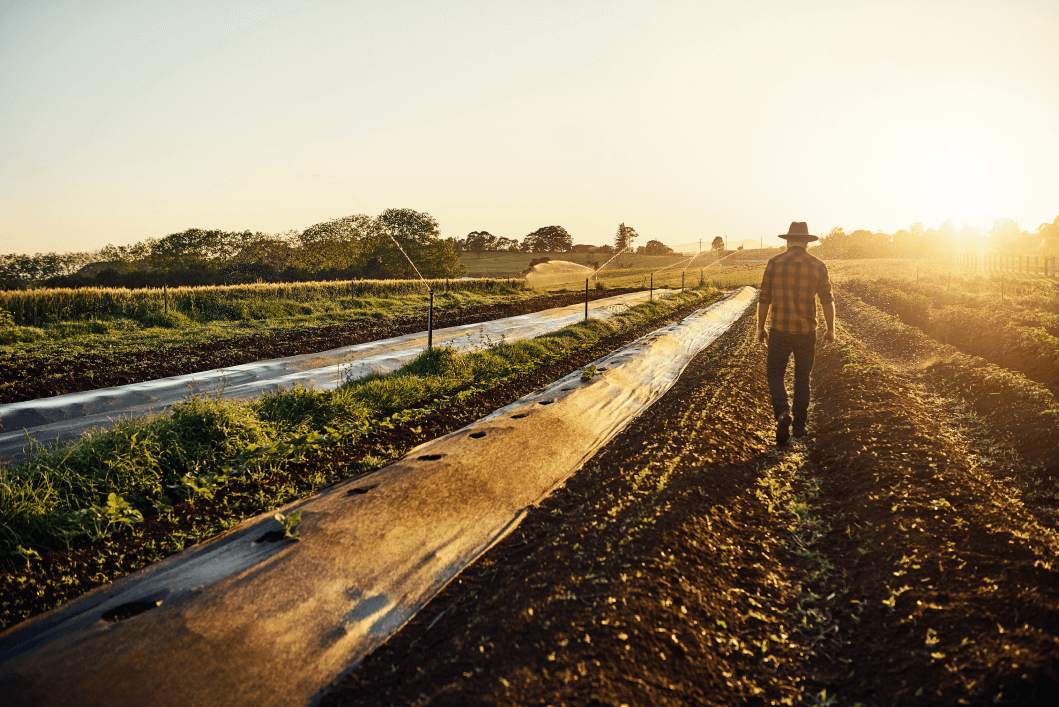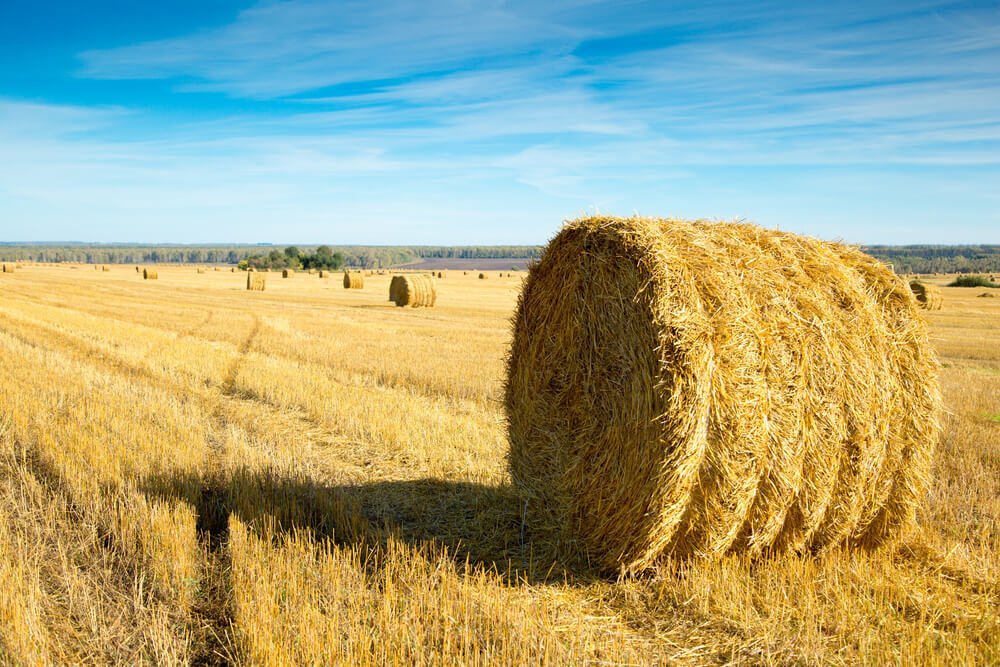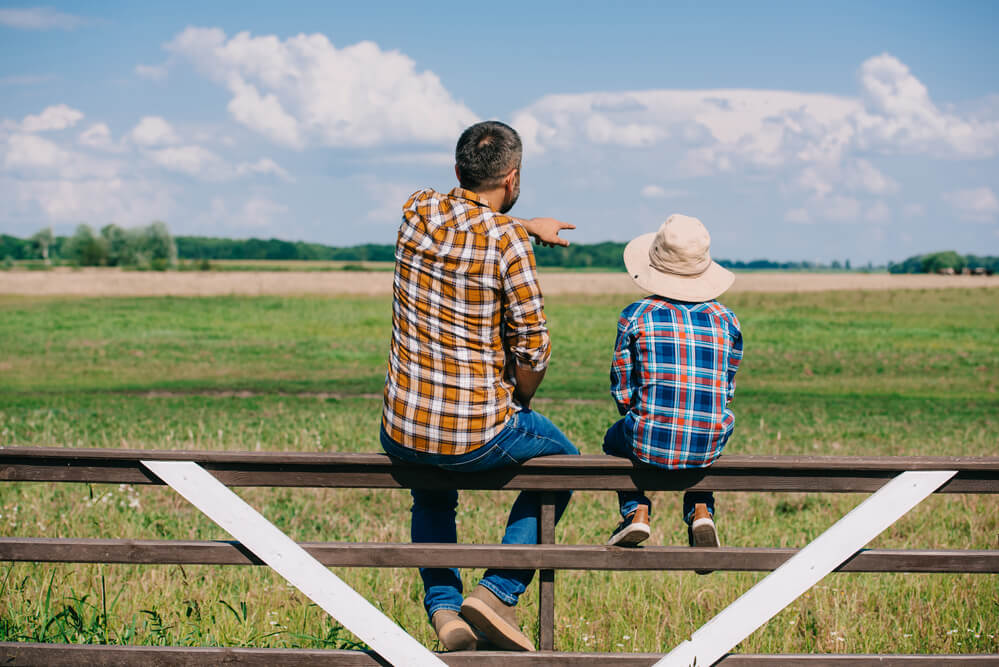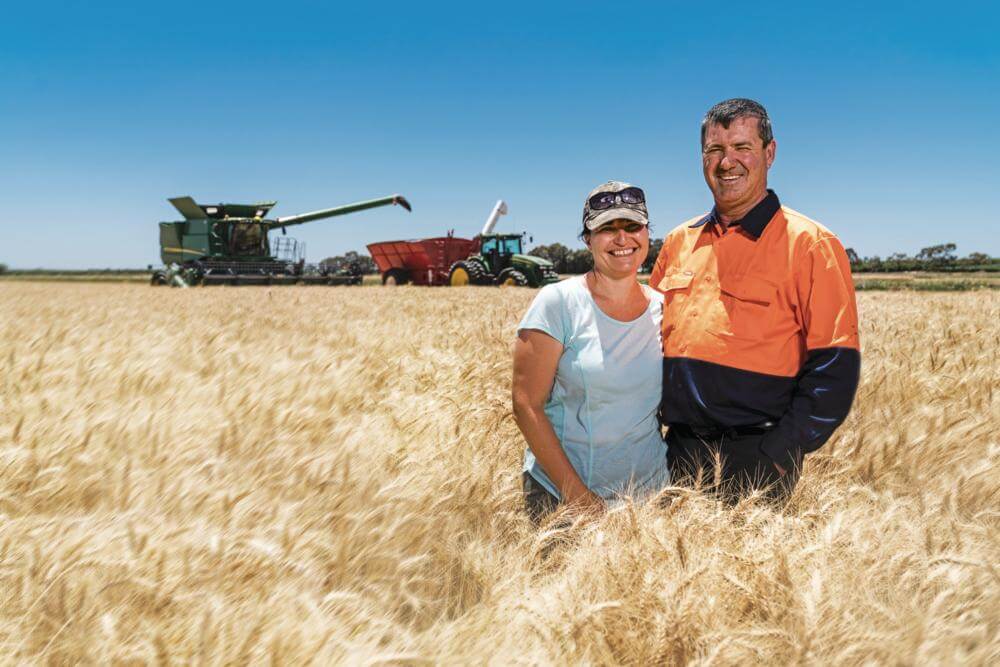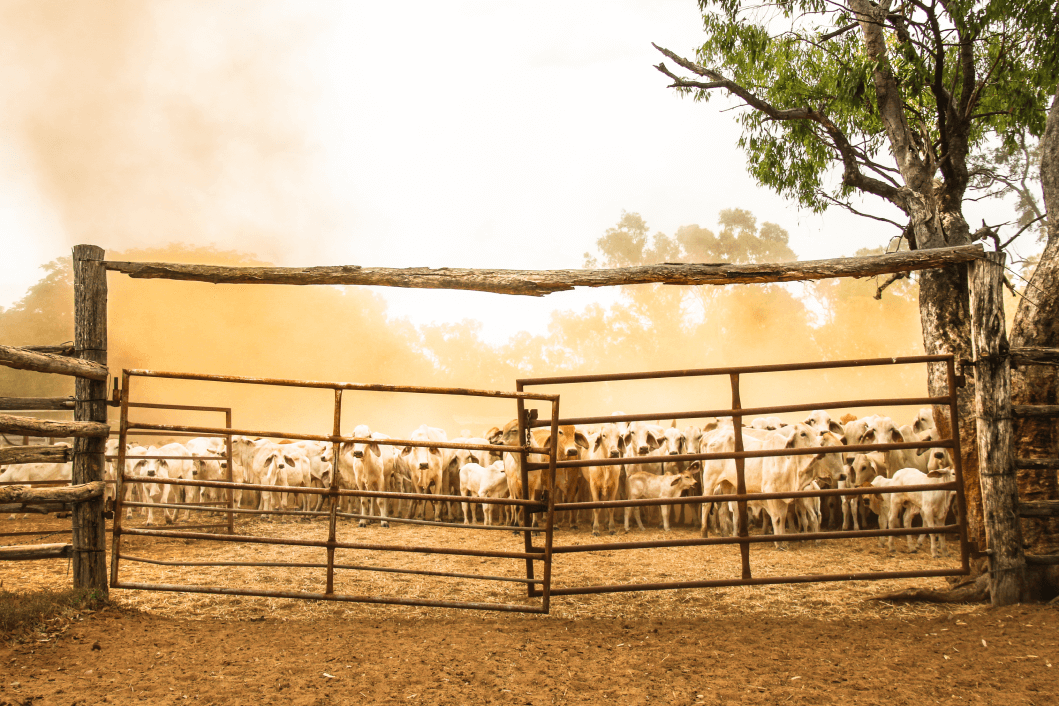
What do you do if you are young and thinking about investing in property?
There is a trend among 20-somethings, and those into their 30s to purchase a place as an investment, often a cheaper unit in a less desirable area, and then tap into the tax advantages of negative gearing (by keeping your outgoings on the property higher than the rent coming in) and either rent yourself in an area you want to live, or stay at home with the baby boomer parents where the board is minimal and the washing comes for free.
So for any young people wondering which way to go, here’s a few tips.
1. Ask yourself, should I be investing in property at all, and what do I expect to get from it?
If it’s a road to quick riches you want, then this is not the path to take. Yes, we have seen some huge run-ups in prices over the years, and it’s true that property prices, like the economy, tend to run in cycles, so we will obviously see increases in years to come, even despite the current negativity enveloping much of the globe.
Because property buyers are human, and love to follow a trend, and for some bizarre reason feel more comfortable buying when prices are running hot, there is no doubt there will be price rises once again in the future.
There are a whole bunch of other factors pointing to future price increases too – in some cities the lack of building will keep the supply lower than it should be, the population continues to grow meaning so does demand, and in Australia at least, we remain a wealthy country still experiencing household income growth.
However, don’t bet everything on this happening and by how much prices will go up – instead expect to see, over a longer period of time, steady increases with plenty of troughs along the way as the economic cycle rises and falls.
And now, here’s the cue for all the readers who argue the market is about to tank and that now is not the time to buy property. And with Europe perched on a precipice and the US still in an uncertain state, you do have to question whether the bottom of the market has been reached yet despite the pretty strong fundamentals underpinning the Australian economy at the moment.
2. Educate yourself
There has never been an easier time to learn the whys and wherefores yourself. The internet has opened up a world of information, and young people wanting to learn a bit more about property should be heading there (to reputable sources) as well as to the property lift outs in newspapers, and better quality magazines.
Want prices? Find them on websites like Domain.com.au or Australian Property Monitors. Need to know where the market is headed? Read plenty of stories and opinion pieces and rather than taking just one as gospel, glean the general themes from what all have to say.
If there’s a few property terms you don’t understand – such as negative gearing – look them up and get your head around what they mean. That won’t unlock a magical key to property investment for you and land a bag of gold at your feet, but it will stop spruikers taking advantage of your youth and naivety.
3. Take a balanced approach
Property holds a certain glimmer for some young people – perhaps under the encouragement of their parents who prefer a bricks-and-mortar approach. And also because everyone has lived in a house or a unit, but not everyone has held shares or gold or even superannuation.
But if you are young and are already thinking about investing, you should be looking at all investment classes impartially. Sure, consider property, but look at it as part of building a balanced portfolio.
Even at 18, 19, you’re not too young to start putting a few extra dollars into super, keeping some of your money in cash in the highest-paying account you can find, and also thinking about a small parcel of blue chip shares to start you off, all while saving to buy your first property.
This is a smart approach because it lets you spread your risk, and not put everything into the one basket. Sure, this mean it will take you a little longer to save for the first property, but time is on your side if you are young, and to use a cliché, Rome wasn’t built in a day.
4. Save as much as you can before buying
If you plan on being a landlord, you will need to have some extra cash available to cover the loan in between tenants, and also to pay for any repairs to the property. If you are buying into an apartment block or townhouse, you may also need extra money to pay for special levies such as building repairs not covered by the sinking fund (the general fund amassed by the body corporate from strata levies).
So the smart thing to do is to save a good amount of money before purchasing so you’re not taking an uncomfortable risk.
5. Research where to buy
The old adage is buy as close to the city as you can and look for properties that don’t have huge outgoings due to lifts and fancy add-ons such as gyms and pools, but do have the advantage of being near good infrastructure.
Closeness to the city can be good but I would also focus on the infrastructure side of things, and whether or not the suburb has the potential to develop over time.
Buying near rail (heavy or light) infrastructure is always a good bet as the infrastructure will stay there for a long time, and as populations continue to grow and further congest areas, the infrastructure will become even more important.
Do carefully think before buying in areas with inherent negatives, such as heavy flight paths or a lot of noise. Also very busy roads can be a problem – it can be smarter to buy just off them.
Keep your tenant in mind – what type of person would like to rent this and do those people generally live in this area?
Do try to buy something that would be easy to sell again in a hurry if you needed to, should your circumstances change. If a property you are buying has sat on the market for months and months, be sure to find out why and be realistic about encountering the same selling problems if you should buy it.
For that same reason it is good to try to buy something that is around the median price for a suburb, as it should have a larger pool of potential buyers.
6. Keep some cash aside after buying
When you buy the property, don’t sink all your money into the loan if you can help it, keep a good chunk in a flexible high-interest earning account (not a term deposit, as you may need to access it at short notice).
Use this as your maintenance fund, and to top up the property loan if you need to (and for many properties, in the early years at least, the rent won’t cover the mortgage, council rates, strata and water supply charges, so you need to be in a position to pay for the gap yourself).
The cash you keep, though, must strictly be for investment and as a reserve for maintenance and loan top-ups, not for holidays or random spending, as you always need a buffer so you aren’t forced to sell at the worst possible time.
7. After you buy, keep saving
Direct any spare cash to your savings account, not your investment loan. Or if you decide to buy a property to live in, use the cash to pay down your own home loan as fast as you can, rather than the investment loan.
By doing this, you make negative gearing work for you because, by keeping the loan against the property larger, you are paying the highest amount of interest you can, while earning interest off your other money you are keeping in cash.
Or in the case of living in your own property you do want to pay that off as soon as possible to get rid of non-tax-deductible debt.
While I’m advocating not dumping all of your extra cash into your investment loan, it is prudent to pay the property off over time to gradually reduce your liabilities, rather than remain solely focussed on negative gearing.
For that reason, interest-only loans on investment properties may not be wise in the longer term, as you are basically betting on price increases to cover you. Yes, price hikes will probably happen over the longer period but you don’t want to bank your entire savings on them.
8. Get your hands dirty
If you buy a property that needs to be fixed up, and you have time on your side, get in and do it. Many things such as pulling up carpets and painting can be achieved with little experience – you just need to have a go.
You might be surprised at just how much painting kitchen cupboards, tired tiles and old baths can rejuvenate a property.
Do be aware of any dangers that lurk in the property though, such as asbestos, and treat them appropriately. And do call in trades for jobs that are beyond you, such as electrics, plumbing and larger tiling jobs.
9. Be a good landlord
Be prepared to spend on maintenance over time and keep your property up to scratch. You’ll attract better tenants, and your property will also hold its value better. A rundown rental looks shabby and often doesn’t command a good price come sales time.
10. Take your time before buying again
If you have your sights set on owning more than one property, don’t be in too much of a rush. Keep your investing balanced, putting some funds into other classes such as cash, shares and super.
And when you have built enough equity you can then consider buying a second property. Balance your risk though and don’t get yourself in over your head. You want the power to hold each property for as long as you see fit, rather than be forced to sell should disaster strike.


